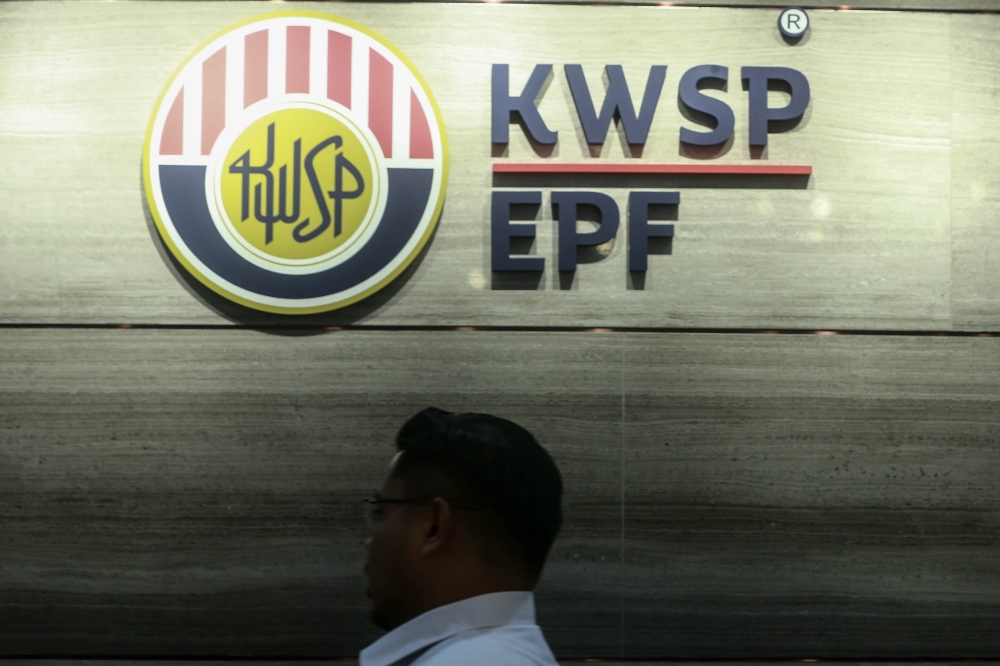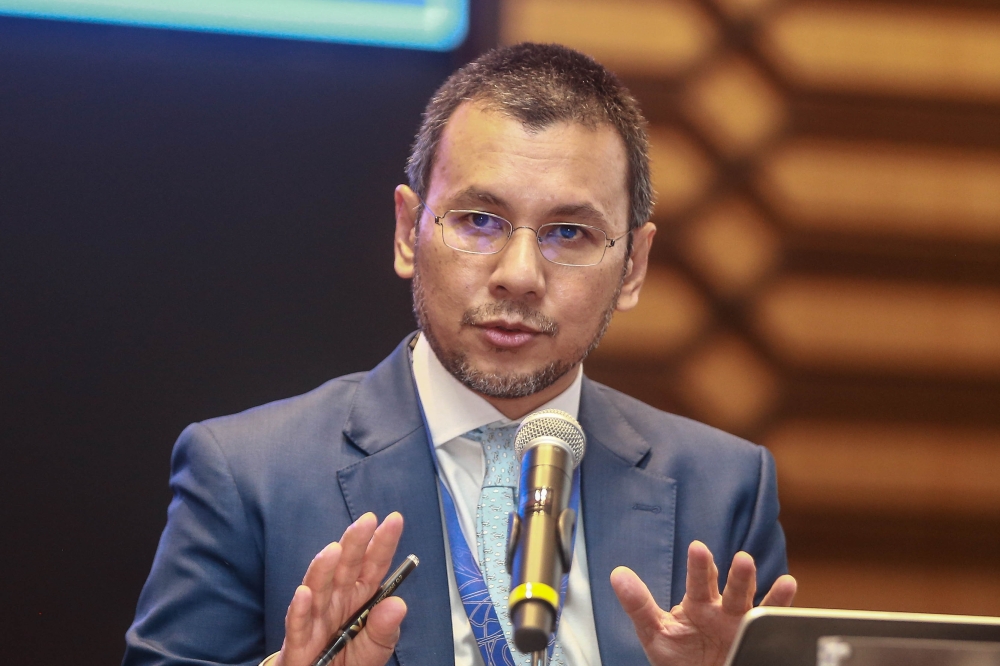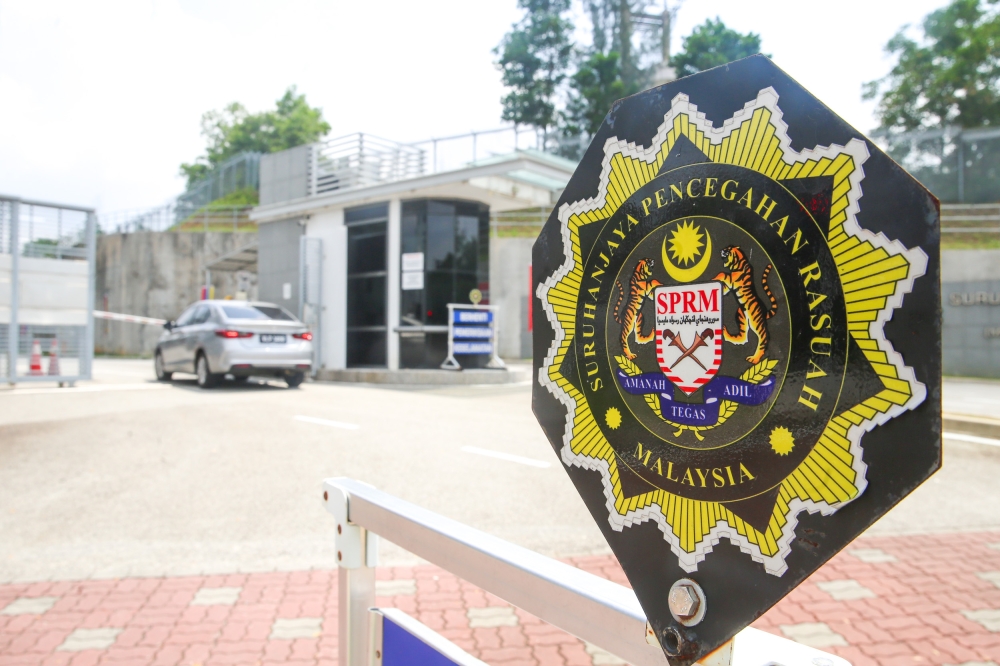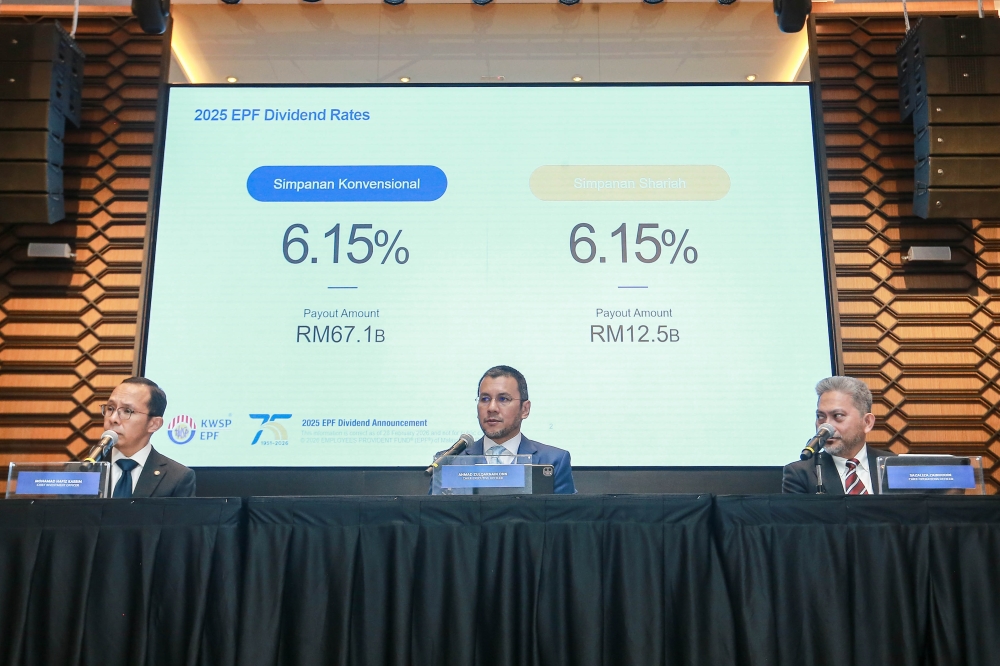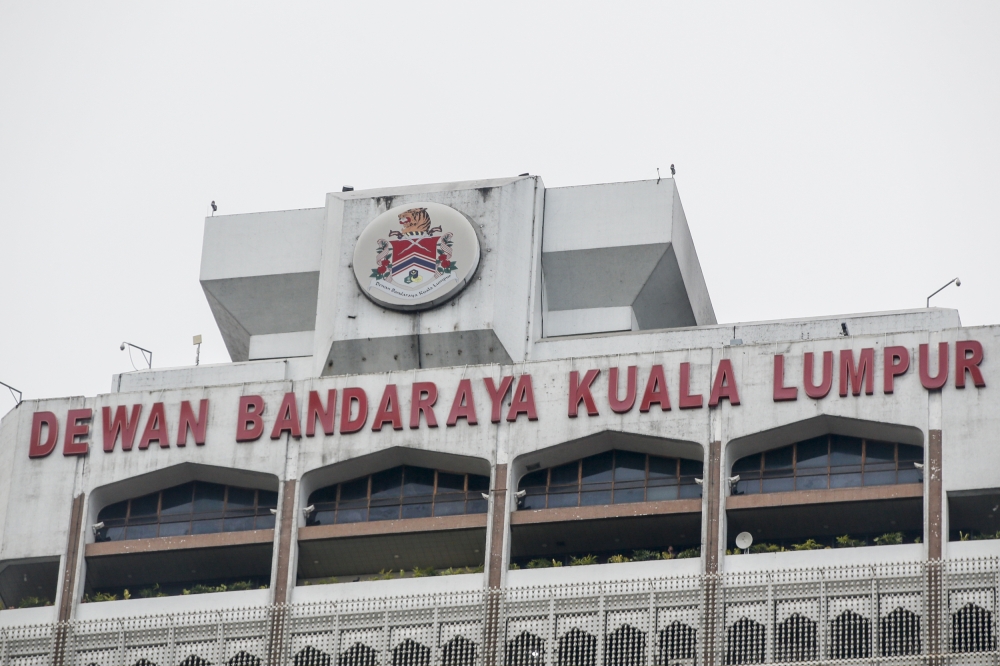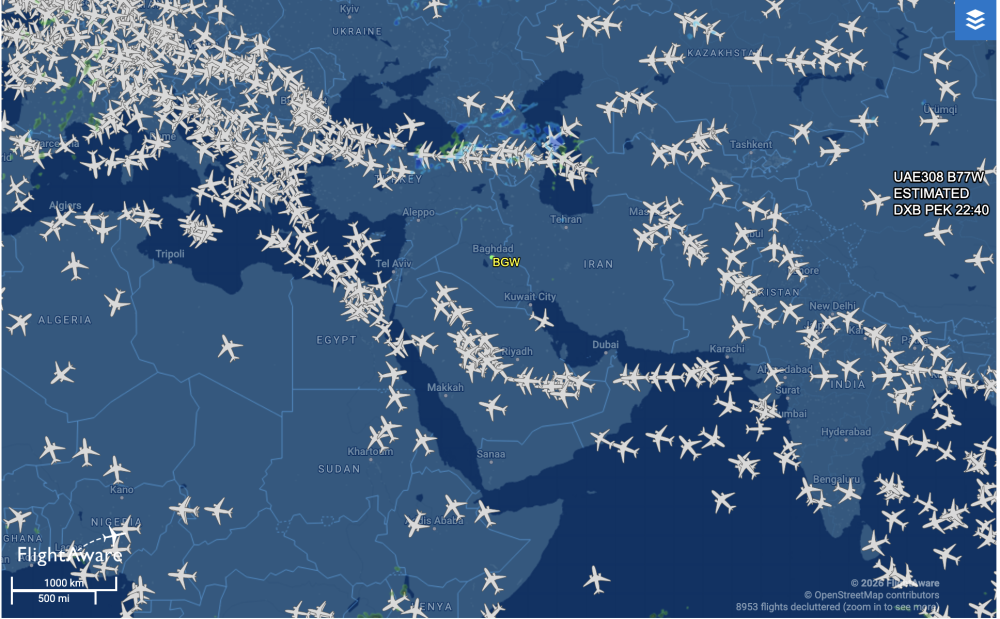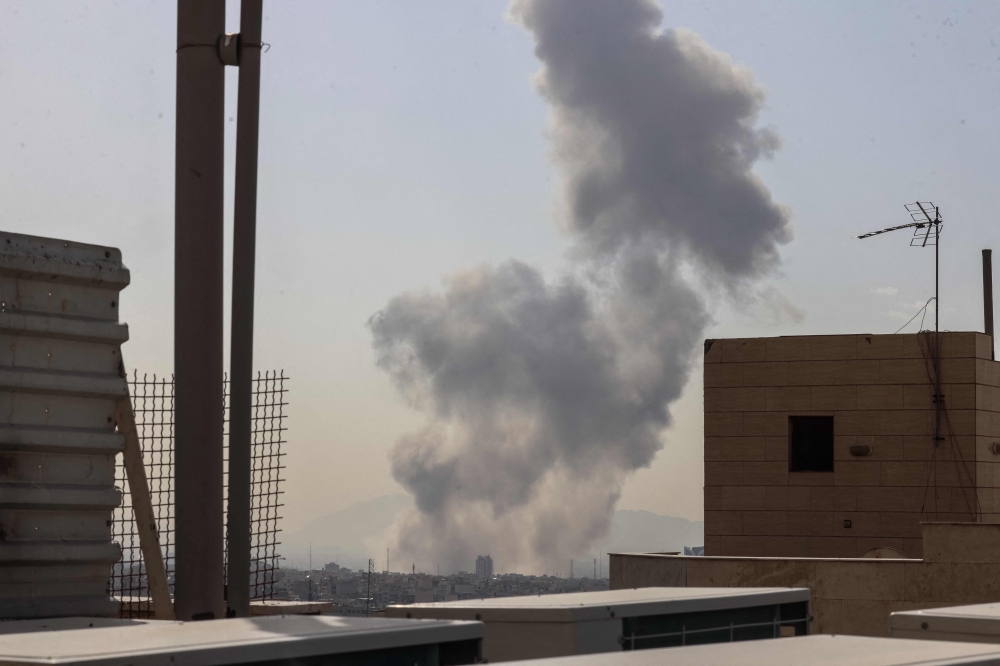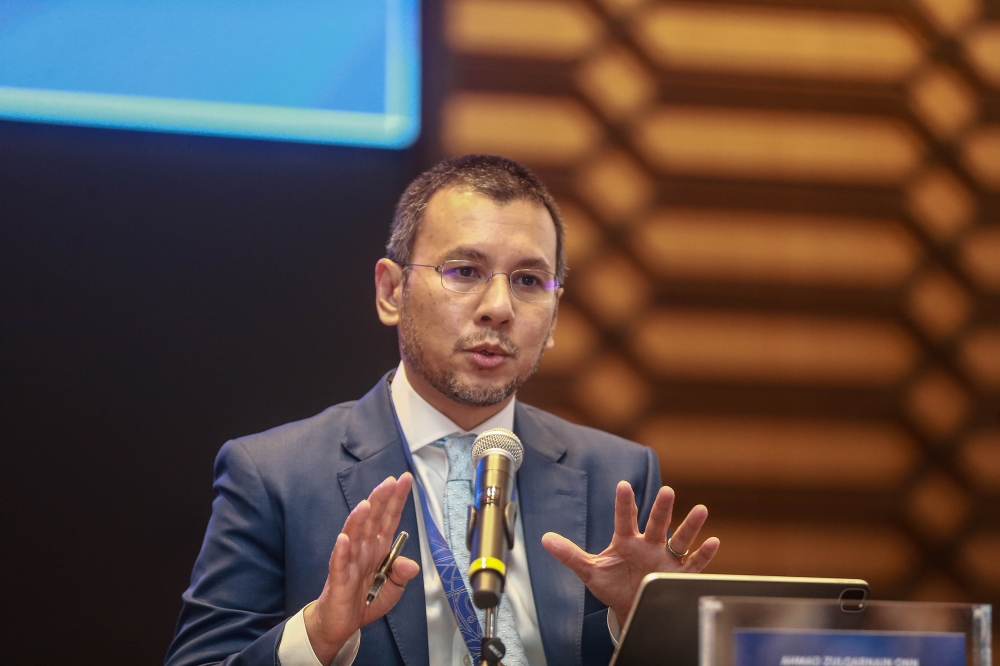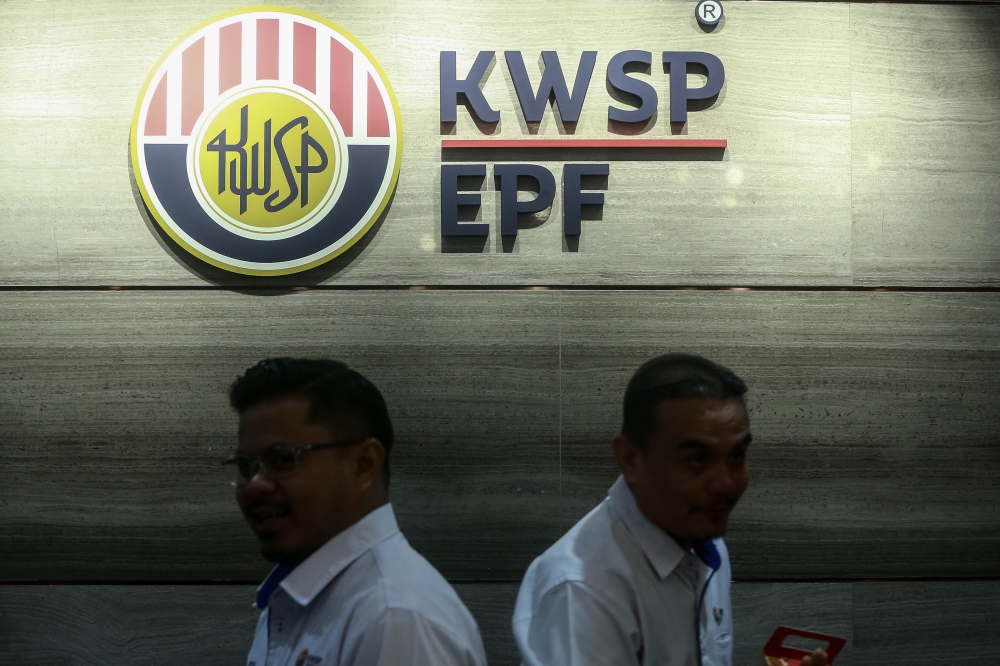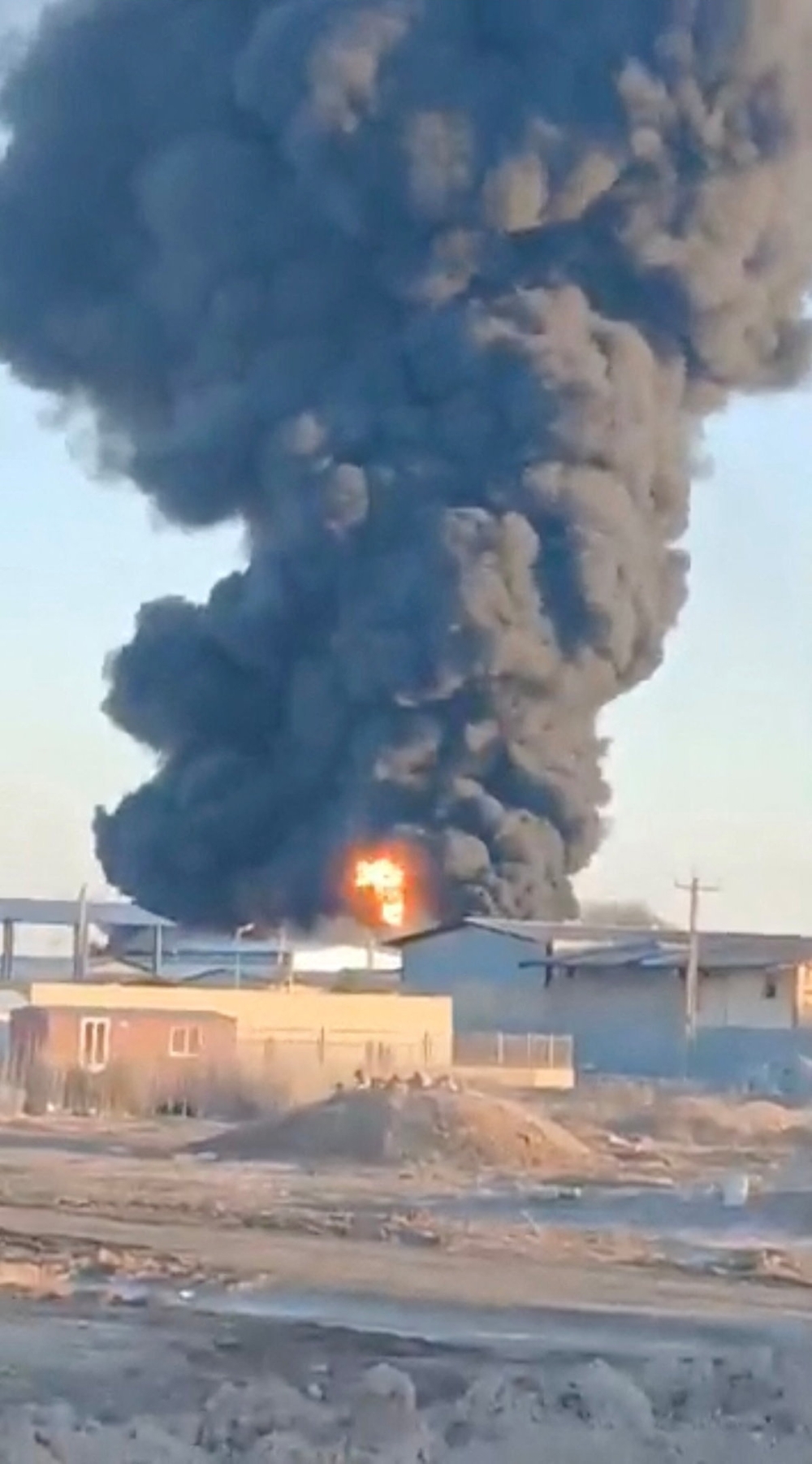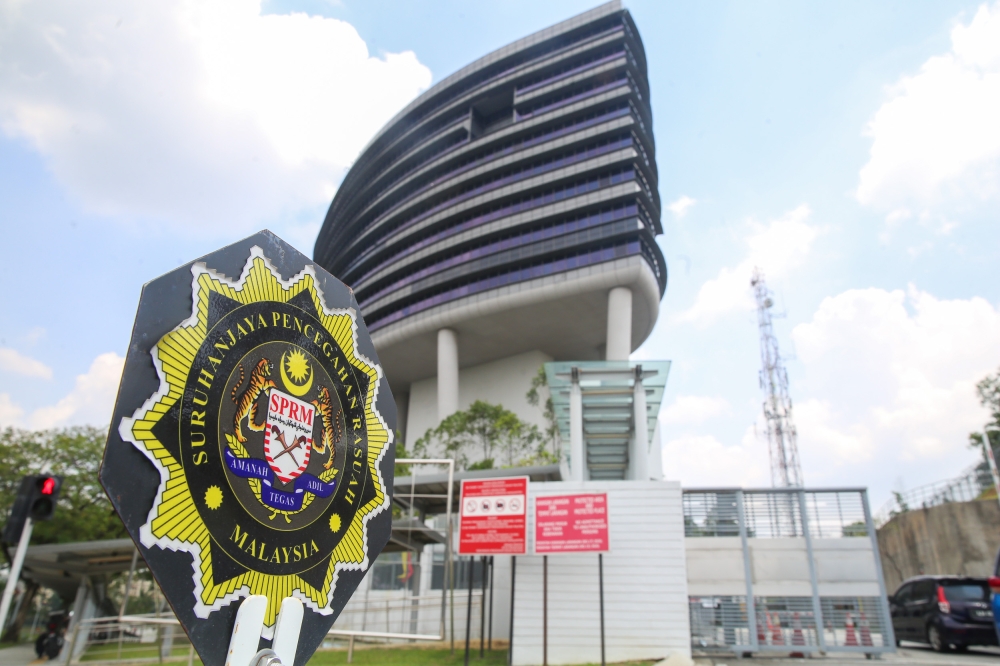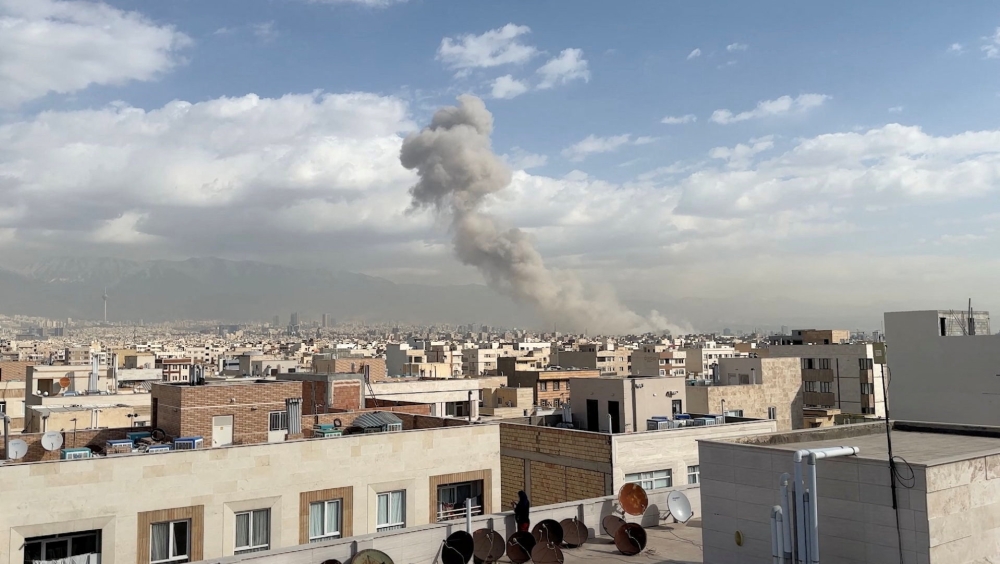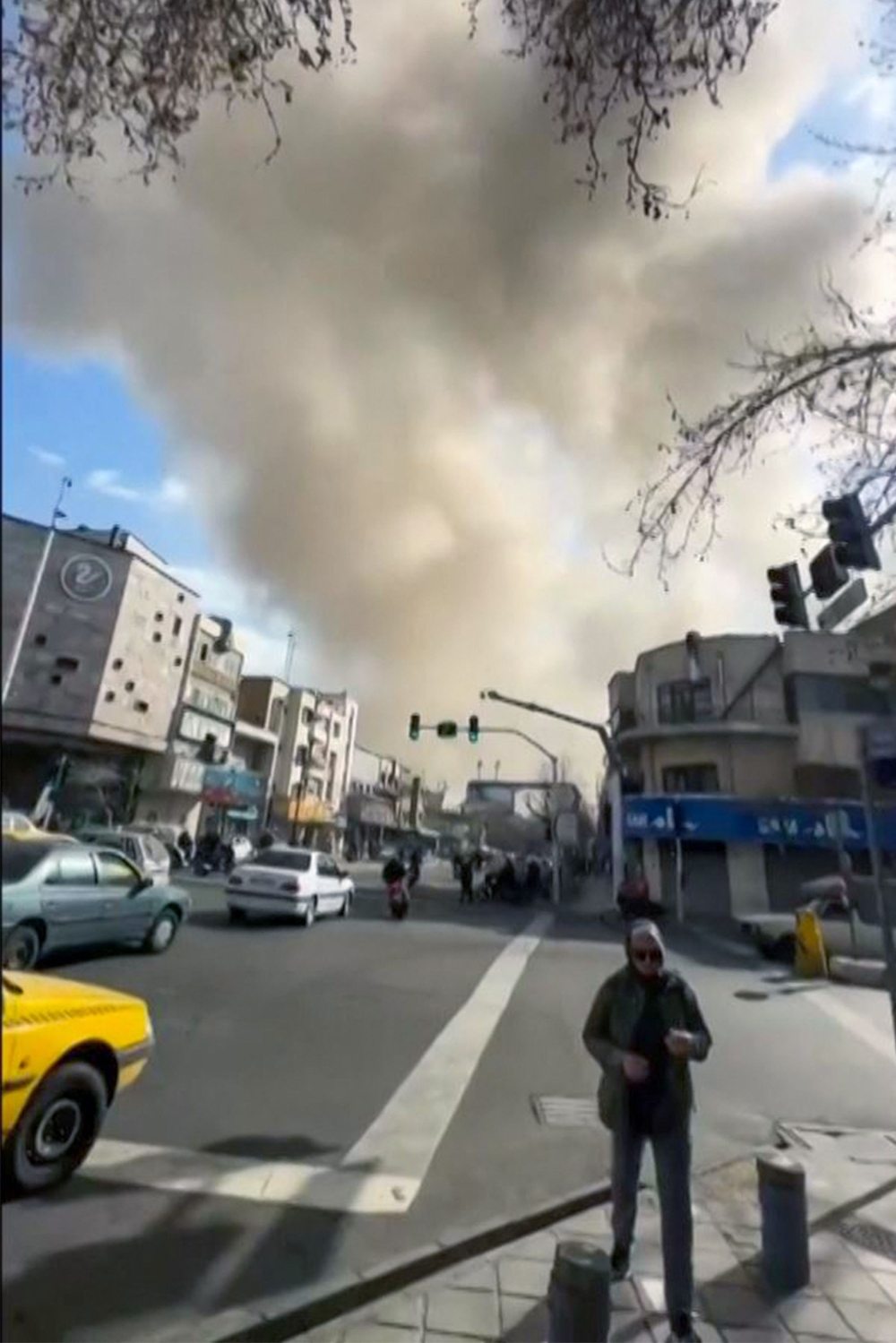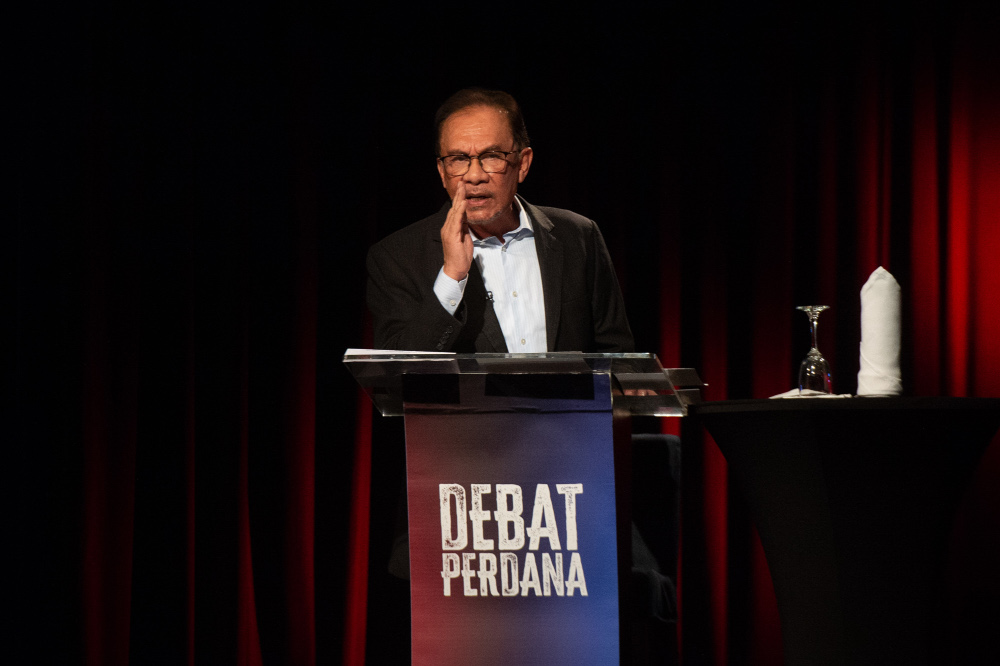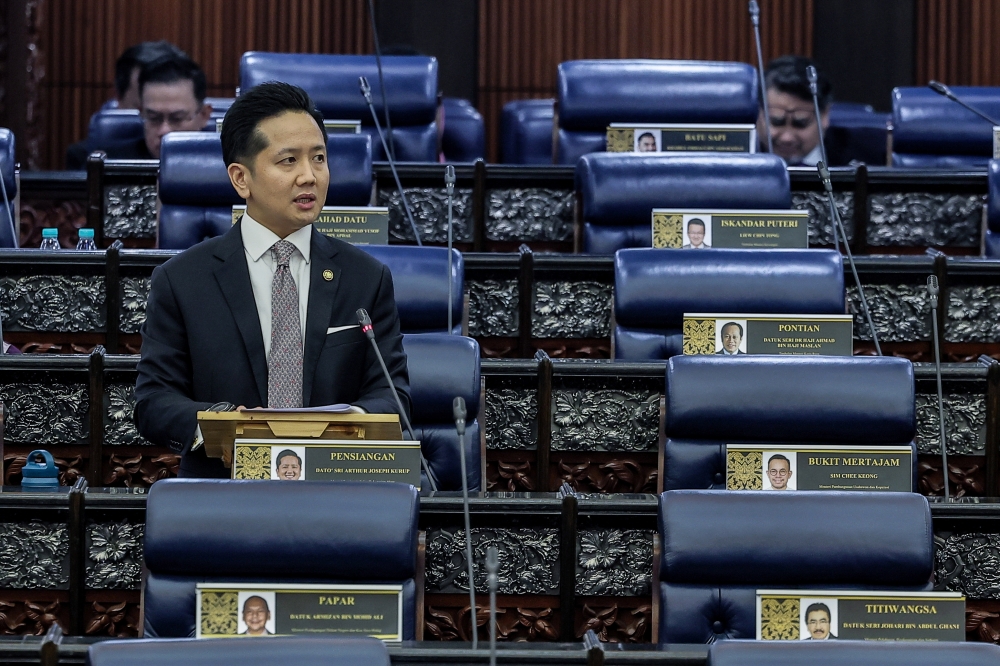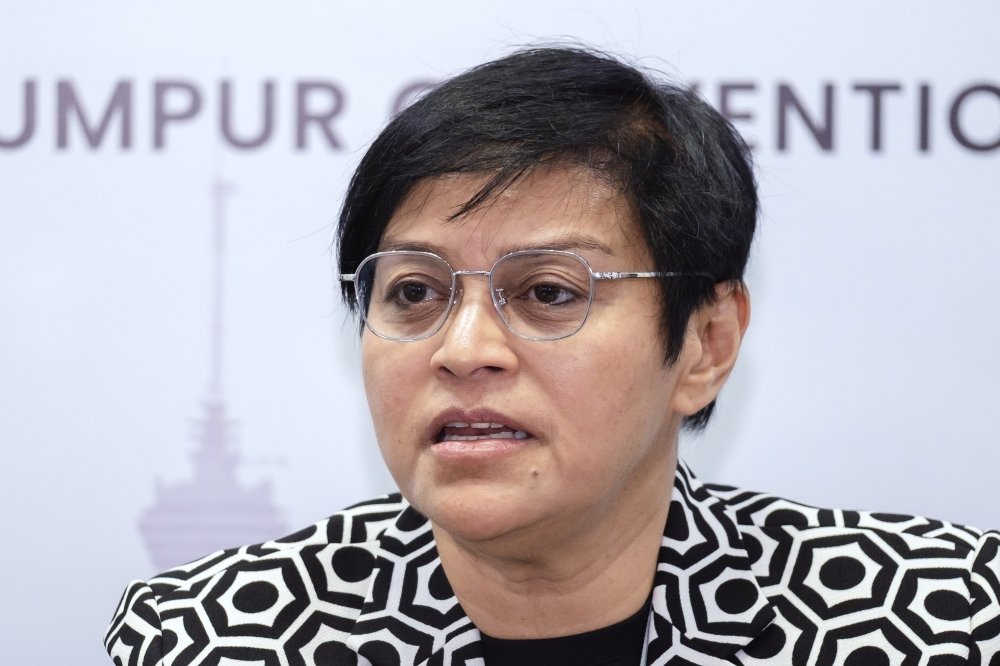KUALA LUMPUR, May 13 — PKR, Pakatan Harapan’s biggest component in terms of membership and diversity, took the bold step of holding party polls to choose its leaders at a time when the country may also call a national election.
The party that boasts a membership of more than one million is currently in the spotlight for its public debates between candidates for its top leadership positions, such as for its Youth chief, and deputy president.
These open contests appear to show PKR’s commitment to the “one member, one vote” doctrine, a fundamental component of democracy, inviting public scrutiny to its policies to decide not just the party’s future, but also as a possible indicator of where Malaysia may go.
Last night, PKR president Datuk Seri Anwar Ibrahim, who is also the Opposition leader, faced off against former prime minister Datuk Seri Najib Razak, in what has been touted as the biggest debate of the week.
But how impactful are these, and what are the takeaways for the voters?
With all things considered, here’s three things we learnt from the recent PKR internal debates that gave a glimpse into what the party considers important in the run-up to the next big election:
1. The ‘big tent’ strategy
This strategy was raised by PKR deputy president hopeful Rafizi Ramli and its Youth chief candidate Fahmi Zainol in their debates, seemingly to counter the arguments presented by incumbent secretary-general Datuk Seri Saifuddin Nasution Ismail for the PH’s willingness to seek cooperation with parties outside of their coalition.
Saifuddin Nasution, who is also gunning for the PKR No. 2 post, had previously said he was tasked by both PKR and PH as their chief negotiator on the cooperation issue.
Both Rafizi and Fahmi argued that PKR risks sacrificing its principles if it takes on the “big tent” approach for the next general election.
However, Saifuddin Nasution and another PKR Youth chief hopeful Adam Adli Abdul Halim, insisted that the big tent strategy was never discussed by party leaders and any cooperation with PH outsiders would never sacrifice PKR’s principle.
2. Professionalism
During the debates, the PKR office-bearer candidates steered clear of making personal jibes against their rivals.
There was no name-calling or taunts. Instead, they each focused on what they could contribute if elected to the roles they were seeking to fill.
The professional attitudes displayed by the speakers were a clear contrast to those shown by their supporters and online commenters.
Name-calling and derogatory remarks attacking the debaters' personalities could be seen online in real time as the debate was being aired on social media platforms.
3. Lack of traction beyond party members
The two PKR debates between the candidates for the deputy presidency and the Youth chief post did not appear to draw much interest from regular Malaysians who are not members of PKR — a conclusion that was also drawn from last night’s ‘Debate Perdana’ between Anwar and Najib.
This could be judged based on the lack of commentaries on the debates that were aired “live” during both the debate sessions.
This shows that while PKR may consider such public debates an important element and a benchmark of Malaysia’s growth as a democracy, there is much room for improvement among the Malaysian populace at large.

